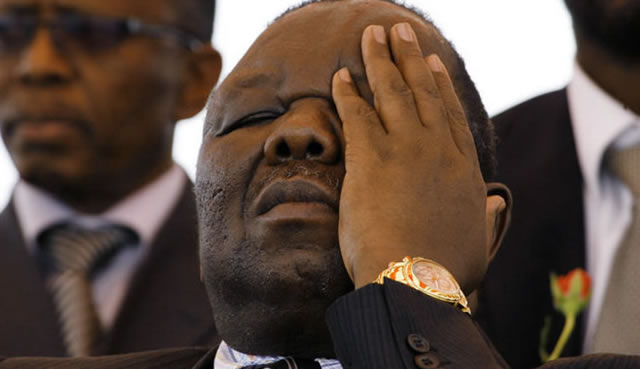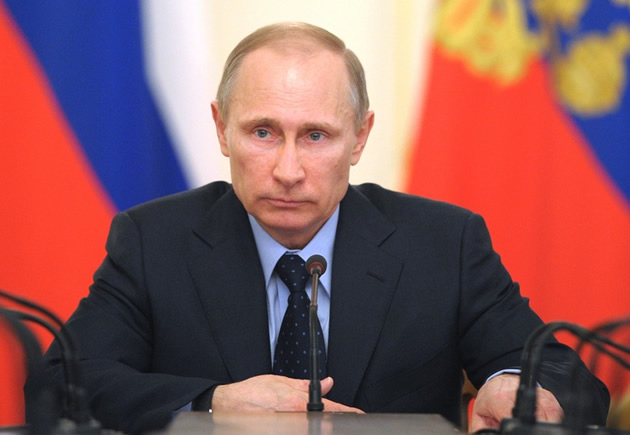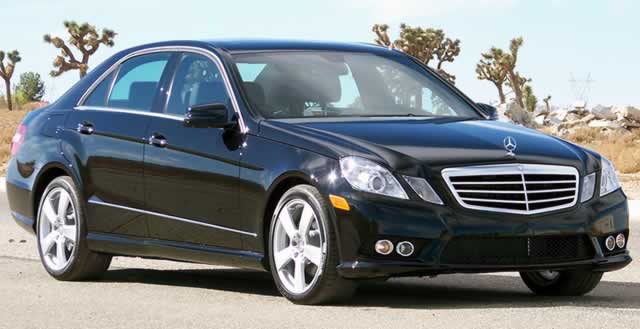What a country and its journalism

Joram Nyathi Spectrum
We no longer judge and evaluate the message or the deed. We are in a paradigm where the messenger comes under the microscope. The message can go to hell
JOURNALISTS in Zimbabwe seem to have boxed themselves into a conundrum. We have become willing tools in a toxic political environment. Instead of reporting or writing about this unhealthy disease, we have lapped it up and turned it into a staple diet. Why not, readers appear to love the negativity which comes with this staple.
The result is Orwellian. What is bad gets positive coverage. What is good gets negative coverage. It’s a matter of who said it, not what was said or done or whether it was good or bad. It is not a matter of the spirit in which it was said, it is more about which political party they belong to or, alternatively, what sin they have committed in the past. In short, we no longer judge and evaluate the message or the deed. We are in a paradigm where the messenger comes under the microscope. The message can go to hell.
It is a paradigm in which politics becomes a national curse, especially in Zimbabwe where everybody has become so political, and every comment is evaluated through a party lens.
There is no denying that the opposition in Zimbabwe is in disarray. People can invent as many excuses for that as they want. Lack of experience of the evolution of opposition politics all over the world is no sufficient justification that local opposition parties have been subjected to some extraordinary peculiarity. In the main, they are simply fault-finders offering no alternative.
MDC-T is a classic case. They have said they will not participate in future elections until their demands for electoral reforms are met. That is their legitimate demand, provided they can spell them out in the Constitution. They can also approach the courts.
Most strangely, they want those reforms implemented by their rivals for political power – Zanu-PF. This is politics, and the MDC-T is making a demand that belongs to heaven! And makes that demand even more bizarre by reducing its numbers in Parliament!
To buttress its weird position, the party’s latest campaign slogan is: “No reforms, no elections.” Presumably that is their bread and butter message. That is how the party hopes to get into power – no reforms, no elections. It gets positive coverage media in a constitutional democracy where every political party must win the hearts and minds of the electorate by what it promises to deliver.
Not the MDC-T. The only thing they promise to deliver is what they don’t own — a political value called legitimacy. It doesn’t matter how many political parties participate in any national election; so long as they don’t, such an event can never be legitimate. What conceit; what blackmail!
And they are given positive coverage for this position. Thus flattered, what does the party do? It tells its supporters instead of staying away from polling stations, they must spend the day in the queue to spoil the ballot papers. These are the ideas of a political party which hopes one day to win elections, to run a country. A political party which pretends to worry about bread and butter issues. Bread and butter out of spoilt ballot papers!
But that’s Zimbabwe. And they get positive coverage for these outlandish ideas. It is about the messenger.
Who needs to rig an election if this level of thinking is all the biggest opposition party can come up with nearly two years after losing the previous election? The economy might be in distress, but what alternative proposition is the MDC-T offering? Why should a Zanu-PF voter change his or her mind?
Then there is the element of outright deceit by the party leader, Morgan Tsvangirai. Read about him dismissing VP Emmerson Mnangagwa as a “small boy” in a presidential electoral contest. He becomes bullish, even brags about his prowess, telling us he would put forward his underling, one Blessing Chebundo to beat Mnangagwa. Read between the lines, the message is one of fear. Tsvangirai’s election boycott is not about an uneven field if Chebundo can win. It is about his visceral fear of losing to President Mugabe. Give him any other person any day and Tsvangirai will plunge headlong into the electoral contest. He is banking on an incapacitated Mugabe in 2018, not electoral reforms. Plain truth.
Wikipedia, the online dictionary, defines denialism thus: In human behaviour, (it) is exhibited by individuals choosing to deny reality as a way to avoid dealing with an uncomfortable truth. It should be the role of the media to expose the truth or we are not worth our salt and soon we shall be cast under foot to be trodden by men.
So it is that we have been very critical of Zanu-PF’s prolonged focus on internal wars since the December National People’s Congress.
This has tended to shift focus from the economy, from the congress theme of a growing economy and an empowered society. There is more of the party fighting itself, leaving supporters bemused, neighbours shocked and the opposition agog with jubilation.
The internal fights have also tended to cloud President Mugabe’s efforts and achievements in trying to bring in investors. That is what the introduction to this piece was alluding to: the bad and the good.
President Mugabe has made forays in search of foreign investment. He has managed to clinch significant deals with China and Russia.
These run into billions of dollars if we look at ongoing investment in roads, mining and energy. Russia alone is investing about $3 billion in the Darwendale platinum mining project.
In the eyes of our media, all this is pie in the sky. The problem is the agent and the investors themselves. They are viewed as ideological enemies. Their investment, their money, can’t be any less. Unless it comes in truckloads for immediate consumption. We love to consume foreign imports – matchstick, tissue paper, drinking water, body lotion, dead cars, oxygen – there is a ready market in Zimbabwe.
Russia and China failed us because they didn’t bring something for immediate consumption, instead they are looking long-term, trying to make Zanu PF’s Zim Asset work! That’s why those big investment deals have been met with scorn, and cynicism, and denial.
But nothing matches what happened when President Mugabe commissioned agricultural machinery and irrigation kits valued at $38,6 million from Brazil last week. The machinery was there in concrete form. It was sourced as part of Government efforts to boost food self-sufficiency. It is a necessary component of the land reform programme launched in 2000. A fabulous opportunity for development journalism.
That’s not how it was viewed in some ideological circles: why give credit to the devil!
A brief recap. President Mugabe has confounded his critics, and they are not taking it lightly. When he was elected chairman of Sadc in August last year, fellow presidents were attacked for electing such an old man, 90 years. The post itself came under attack: it was ceremonial, why celebrate.
Come January this year, the same old man was elected AU chairman. There were more sneers. The chair was rotational, there was no merit. Old story: Mugabe is too old. The AU chairmanship requires an energetic young leader who will be able to attend to the various challenges on the continent, and resolve conflicts in regional hotspots. Mugabe is ailing, he is too old!
The genie warned, beware what you ask for. Since his election President Mugabe has attended summits and other events in his capacity as AU chairman from Japan to Russia to Indonesia to Mali to Botswana and more.
What has been the reaction? The focus has shifted to his frequent travels and the cost to the country, not infirmity. So a younger, energetic Zimbabwean leader’s AU engagements would not be a cost to the country? Or is the point that Zimbabwe should not occupy the chair because of economic challenges?
It is not even necessary to belabour the point about how President Mugabe has given new impetus to the African Union’s Agenda 2063 by focusing the continent on the need for rapid industrialisation as a road to development, poverty eradication, employment creation and maximising returns by exporting processed goods instead of raw materials which are susceptible price swings on the international markets.
Back to Brazil. When the ‘devil’ commissioned the agricultural machinery, which included more than 470 tractors, fertiliser sprayers and irrigation kits, one daily newspaper led the story with this macabre headline: “Tired’ Mugabe apologises.”
Eish! You had to be a sangoma to connect this to the event. Mugabe’s delay to arrive for the occasion because of tight schedules becomes morbidly linked to his age, and overshadows the machinery! His political rival gets endorsements for inventiveness for coming up with his “No reforms, no elections” slogan.
What a country. And some fine journalism to define it, too.











Comments